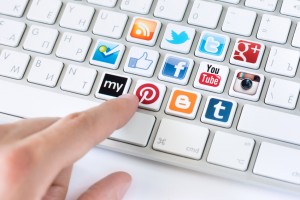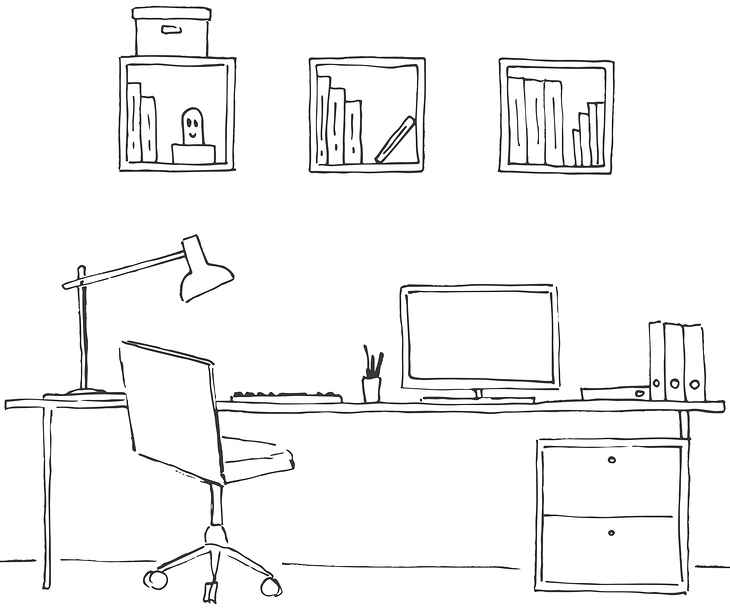I undertook a wardrobe purge and got rid of three sackfuls of clothes.
I shook my head when I saw the clothes stacked in a pile and felt sad I had wasted money that could have been put to better use.
Johann Hari’s book “Lost Connections” prompted me to examine all the stuff I have hoarded. 
The ‘junk values’ that Hari mentions make sense, we buy stuff to make us feel better, feel good about ourselves and I am guilty of buying too much stuff that I don’t need.
He shares how anxiety and depression are directly related to our external environment and not the brain simply misfiring and, why spending money on ‘stuff’ legitimises our well being.
He describes that what we really seek as human beings is to feel accepted for what and who we are, to have face to face connections where we can talk, share, laugh and cry about stuff that matters to us.
I am trying not to spend money and have removed temptations so that I don’t make a purchase which will render me with buyers remorse, that feeling you get immediately after you buy something you don’t really need but want.
I realised that my retail therapy fuels my growing need to feel good about myself and as beautiful as a handbag maybe it can’t give you the human feel good factor.
Joy comes from within and from the people you love and share your life with, not from handbags, clothes and shoes.
We are more connected than at any time in history and yet levels of anxiety, depression and loneliness are spiralling upwards.
 Hari shares his honest views on why this is; we are less connected easily distracted by the choices through technology and digitalisation. It is easier to communicate online rather than have real conversations with people that matter.
Hari shares his honest views on why this is; we are less connected easily distracted by the choices through technology and digitalisation. It is easier to communicate online rather than have real conversations with people that matter.
Relationships are superficially based on likes, acknowledgements, waves and comments. It is more important to have friends and followers rather than human relationships that can enrich our lives.
Screen time doesn’t allow us to understand social cues, you can’t recognise sadness, worry, the cry for help on someone’s face when you are online.
Parents are too busy to spend valuable time with their kids and sit down as a family. They get in late from work and more often than not, both parents are working to sustain a reasonable level of living.
Working life is no longer conducive to giving us the time we need to relax and create.
When we are lonely we want to be with people, to talk and share. Whilst a keyboard enables us to connect and share our lives across a social networking space it is not a substitute for face to face connections.
The national student.com reports that a survey of 1,000 found that over 82% of first and second year UK University admitted to feeling anxious and stressed and 45% have experienced depression.
More worryingly, 1 in 5 felt suicidal and, as a parent, I worry.
Much of this student stress is related to the volume of work.
Modern day students appear to work in isolation and share little other than status updates, taking selfies is the norm.
They want to be accepted and ‘likes’ and ‘comments’ make them feel better about themselves.
But, do they really have any deep and meaningful relationships?
Ask your teen who their best friend is? Who is the one person that would come through for them if they needed them and see what the response is?
Hari’s book epitomises what I feel and I am sure many others do too, the rising epidemic of anxiety, fear of loneliness and being alone is changing how we socially connect with each other.
Having suffered from depression twice in my life and more recently anxiety; this book opened my eyes to how society views anxiety and depression.
Much of what Hari writes and has researched gives clarity to a disease that is endemic in western societies.
Now in my fifties, I feel more anxious than I did thirty years ago?
The menopause has some part to play but as I reflected on my adolescence, my time as a student and the first few years of my working life I realised that the most overriding factor that has changed in my life is that I have fewer friends and less human contact than I did even ten years ago.
Are we less connected to people then we were twenty years ago?
When I compare my kids’ ability to sort a night out with friends; unable to organise themselves; yet they have every means of communication at their disposal.
My school days were easier, we would plan our Friday and Saturday nights out, we’d all agree before the final bell on Friday what we were doing and where we would meet.
We had a system that worked, there were no mobile phones, no texting or the internet and so we had to communicate with each other face to face or by a written note passed around in class.
On Friday night, we would plan what we were doing on Saturday, we even had a specific meeting place conveniently situated next to a phone box. If anyone was running late or didn’t show one of us would call.
It worked, we shared, laughed and organised get-togethers, parties, trips all without the need for a mobile phone. 
Forty years later and where are we now?
How have we become so lonely and disconnected? The paradox of the internet and social media.
Facebook’s own admission is to ‘give people the power to build community and bring the world closer’ but we seem farther apart, disconnected preferring to spend more time on our phones than having real conversations with people.
When was the last time you had a meaningful conversation either on the telephone or face to face?
The human connection that Hari talks about is almost extinct. In the last five years, my business meetings have dwindled to almost nothing, with customers preferring online chats meaning less opportunity to develop a working relationship and to connect offline.
Why is networking so popular?
People want to meet people, they want to be in the company of other human beings not solely promoting their business but because many are working independently and networking provides a great way of making connections with people and, making time to talk and share.
Coffee shops have become a workspace, a hub where freelancers feel they are a part of a community united by coffee.
I understand why familial ties in Italy and Spain are so important, they value human connection.
They eat, get drunk, laugh and have dinner together because they understand the importance of being with each other and they know it is good for their health and wellbeing.
Some friends came round for dinner recently and the husband made the comment ‘why don’t we see each other more often?’ My girlfriend piped up, it’s life, life just gets in the damn way.’
The physical is giving way to the digital, human connection is being replaced with social space we have a multitude of channels to communicate, we’ve become dependent on these channels but in doing so it has moved us away from human contact.

